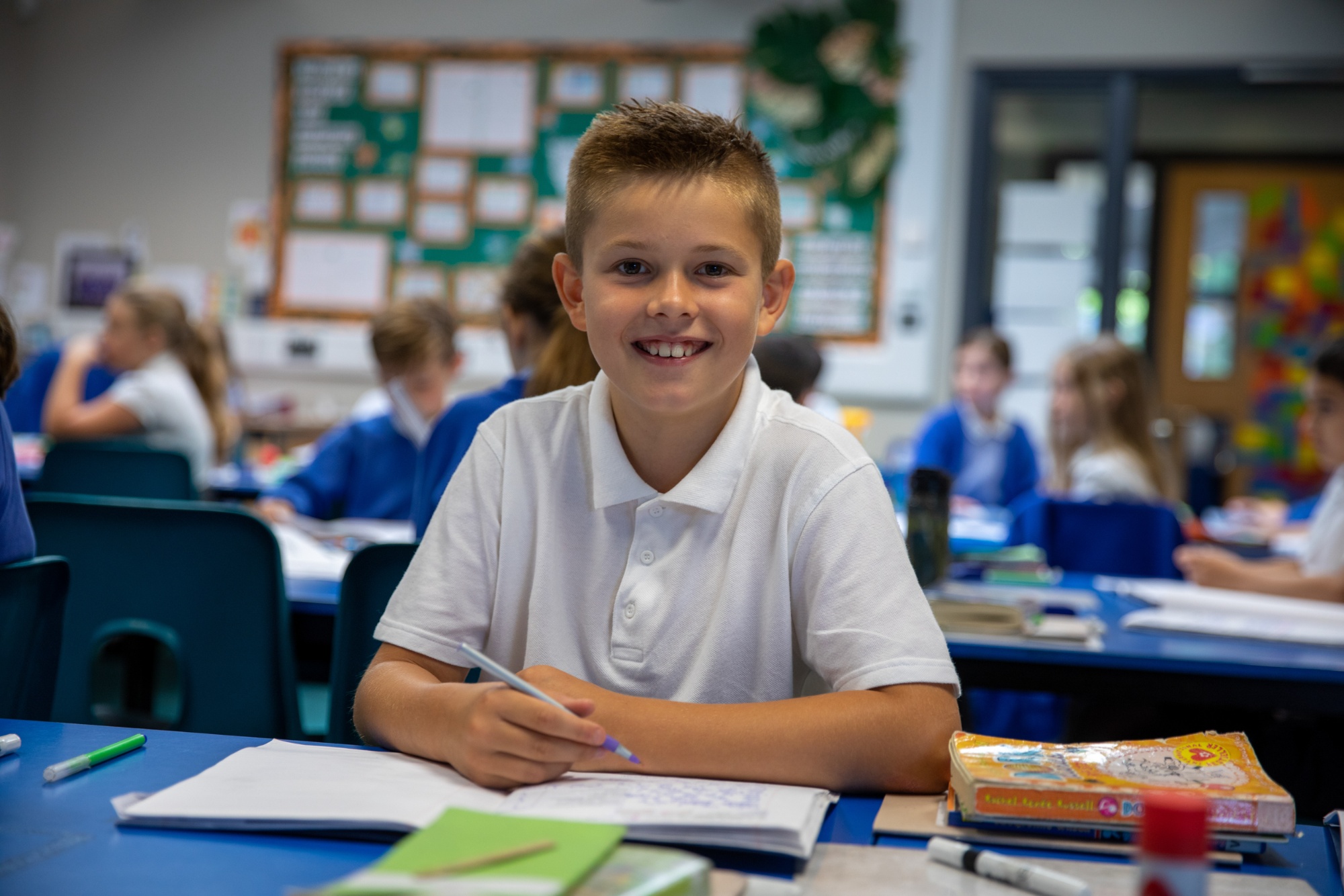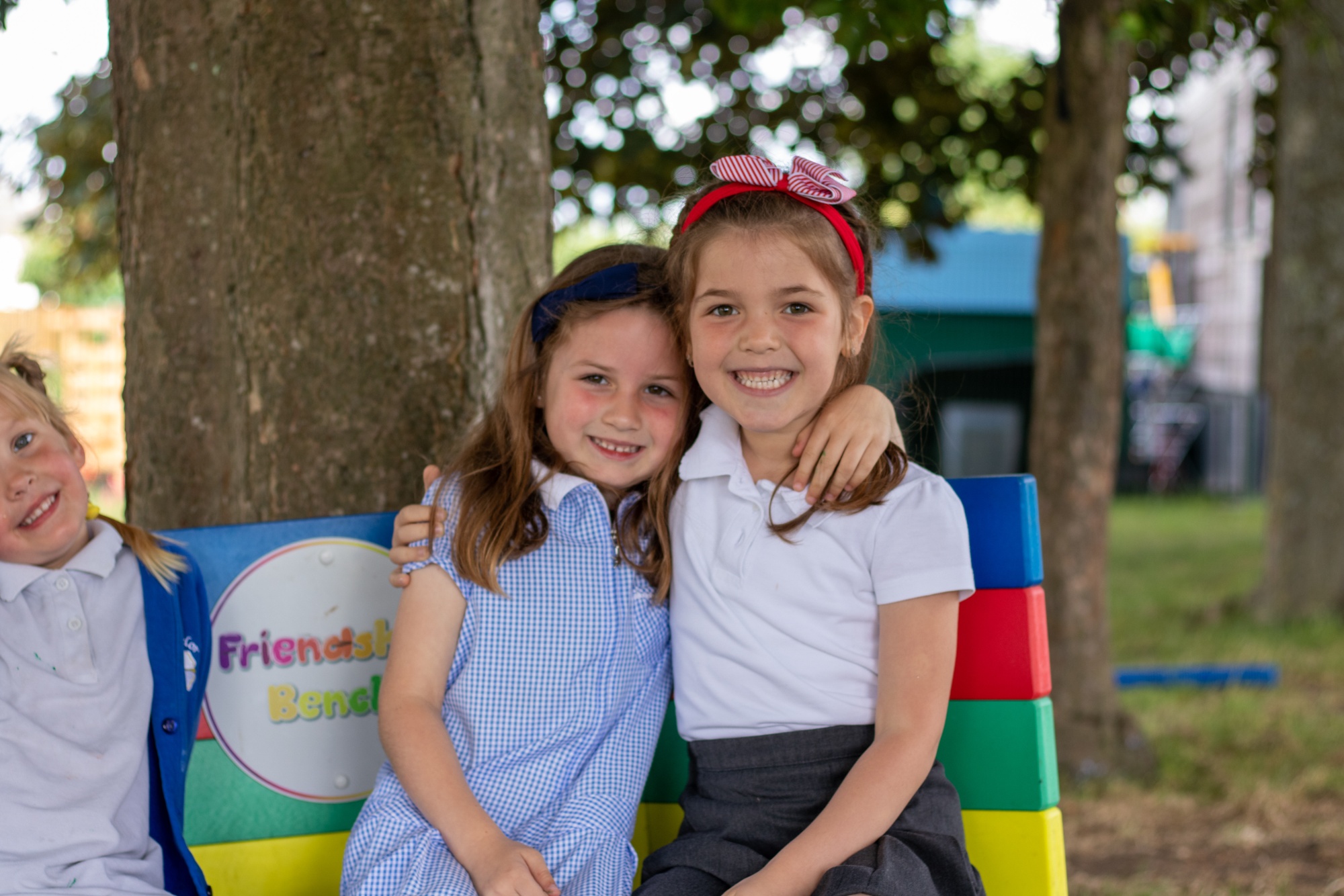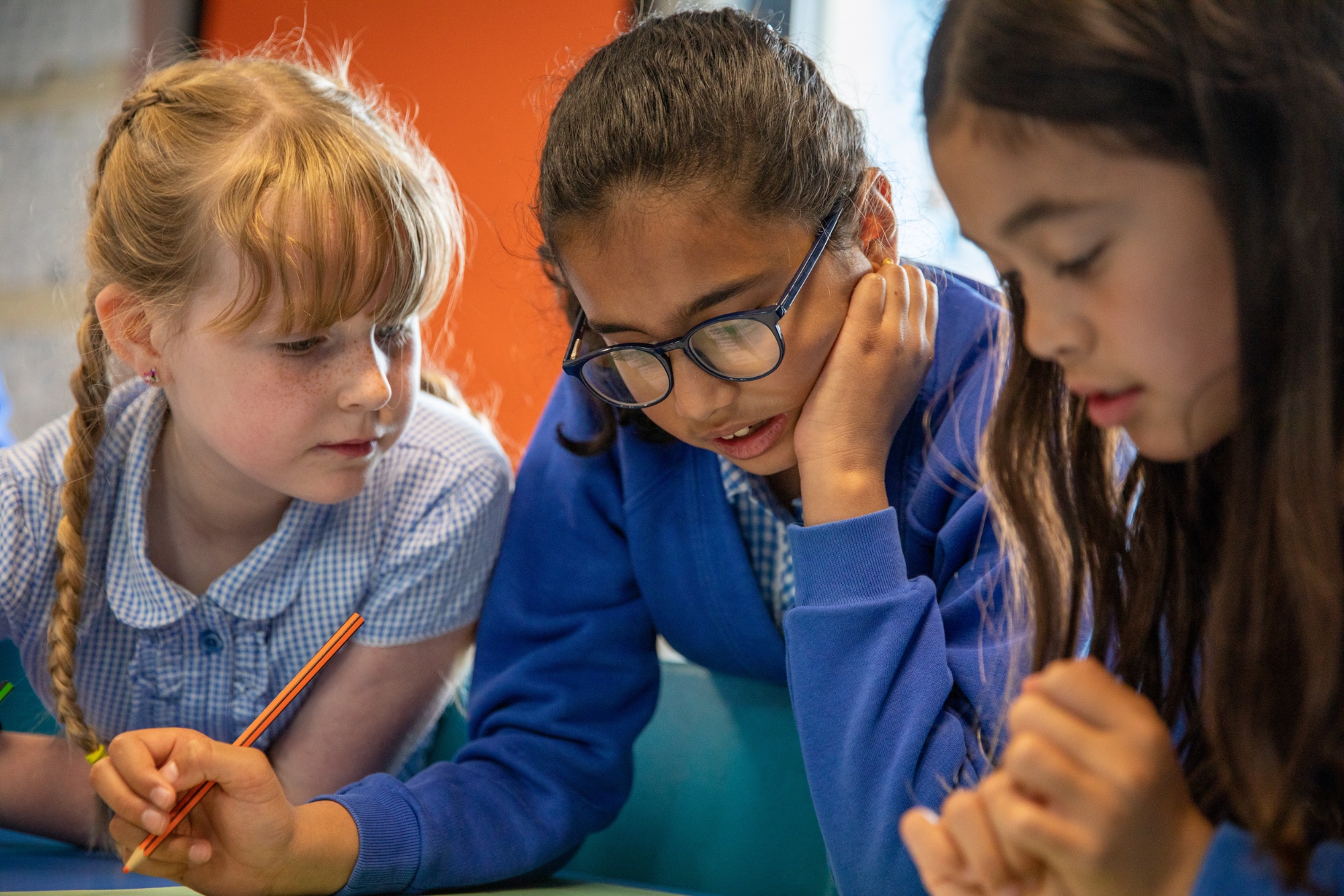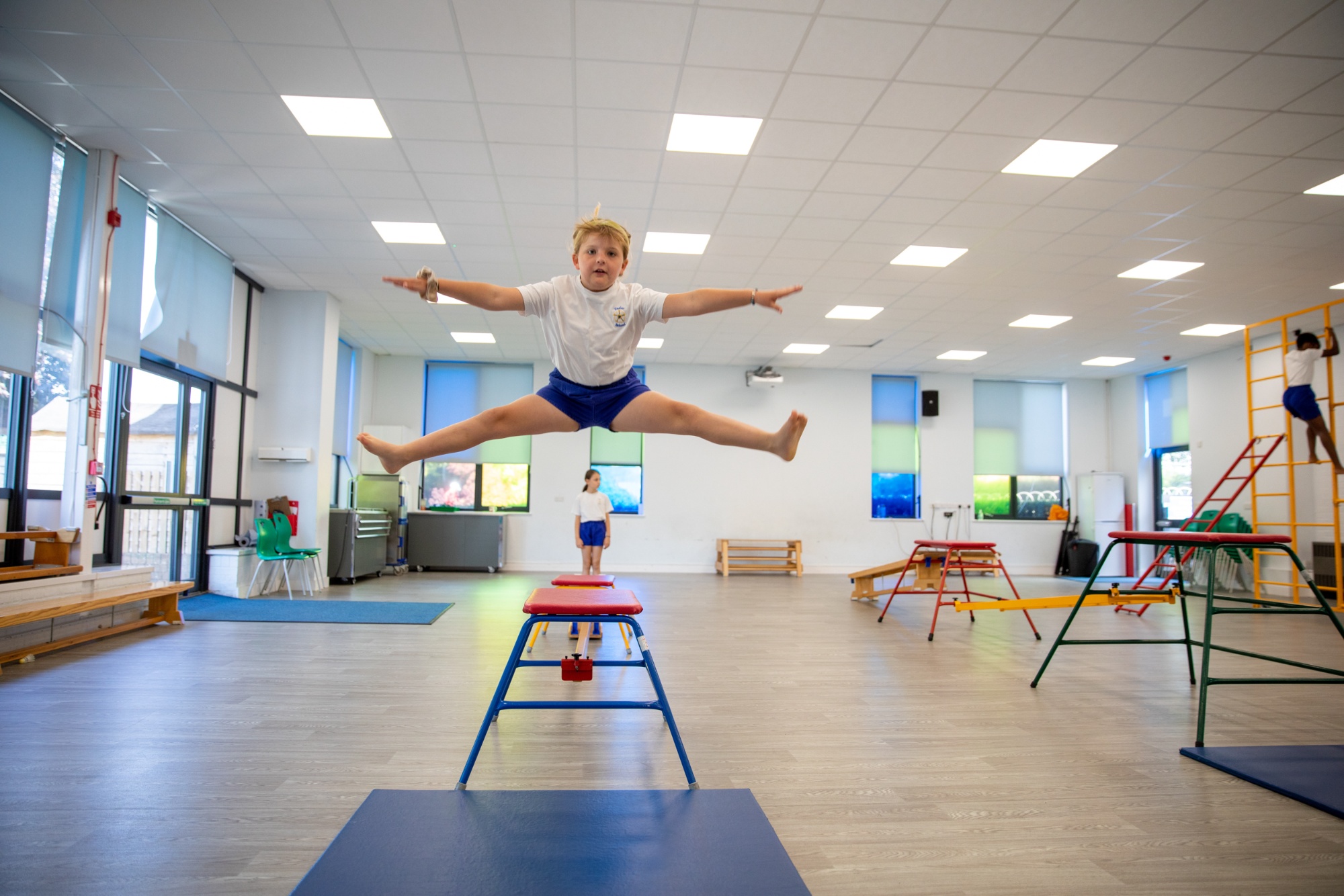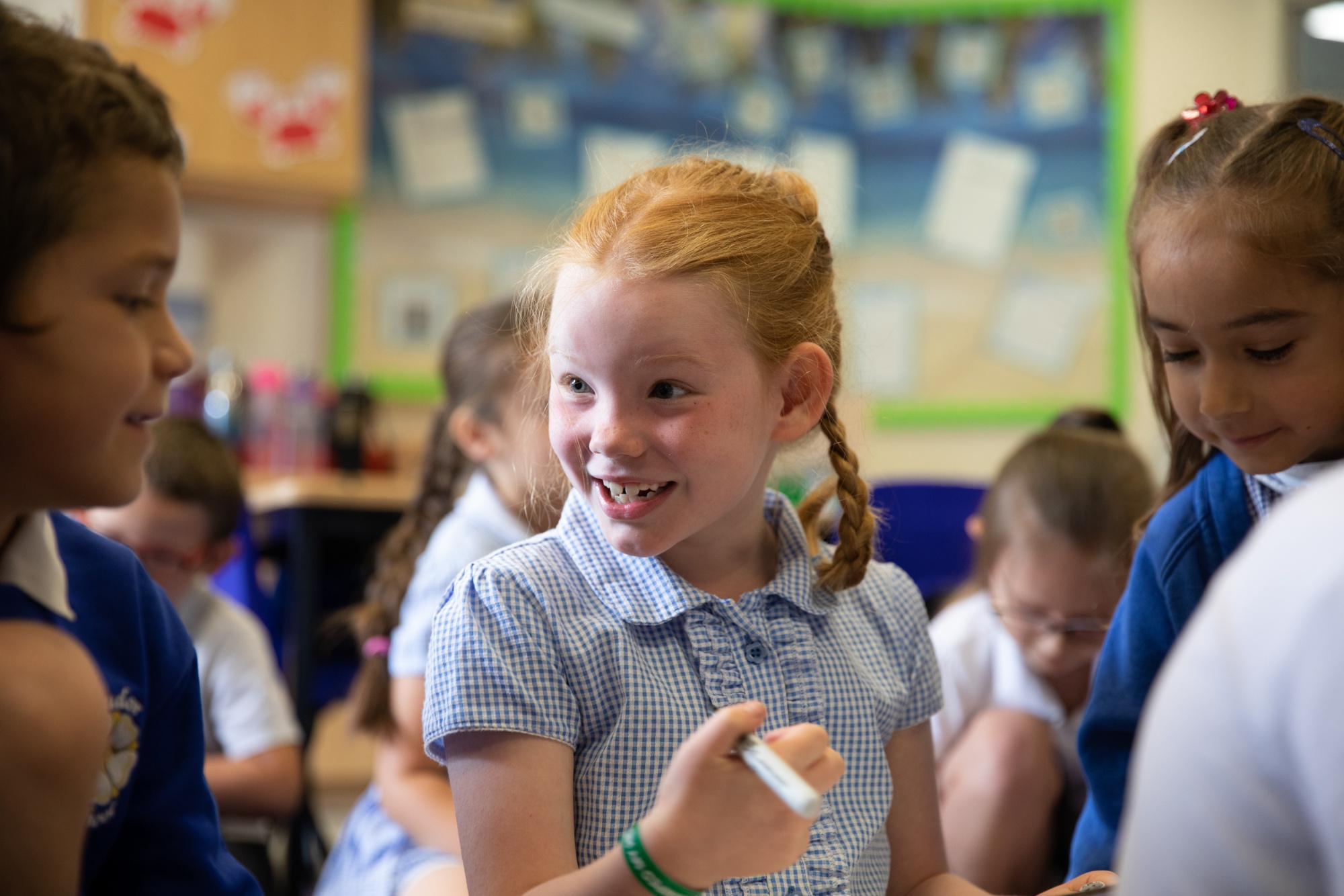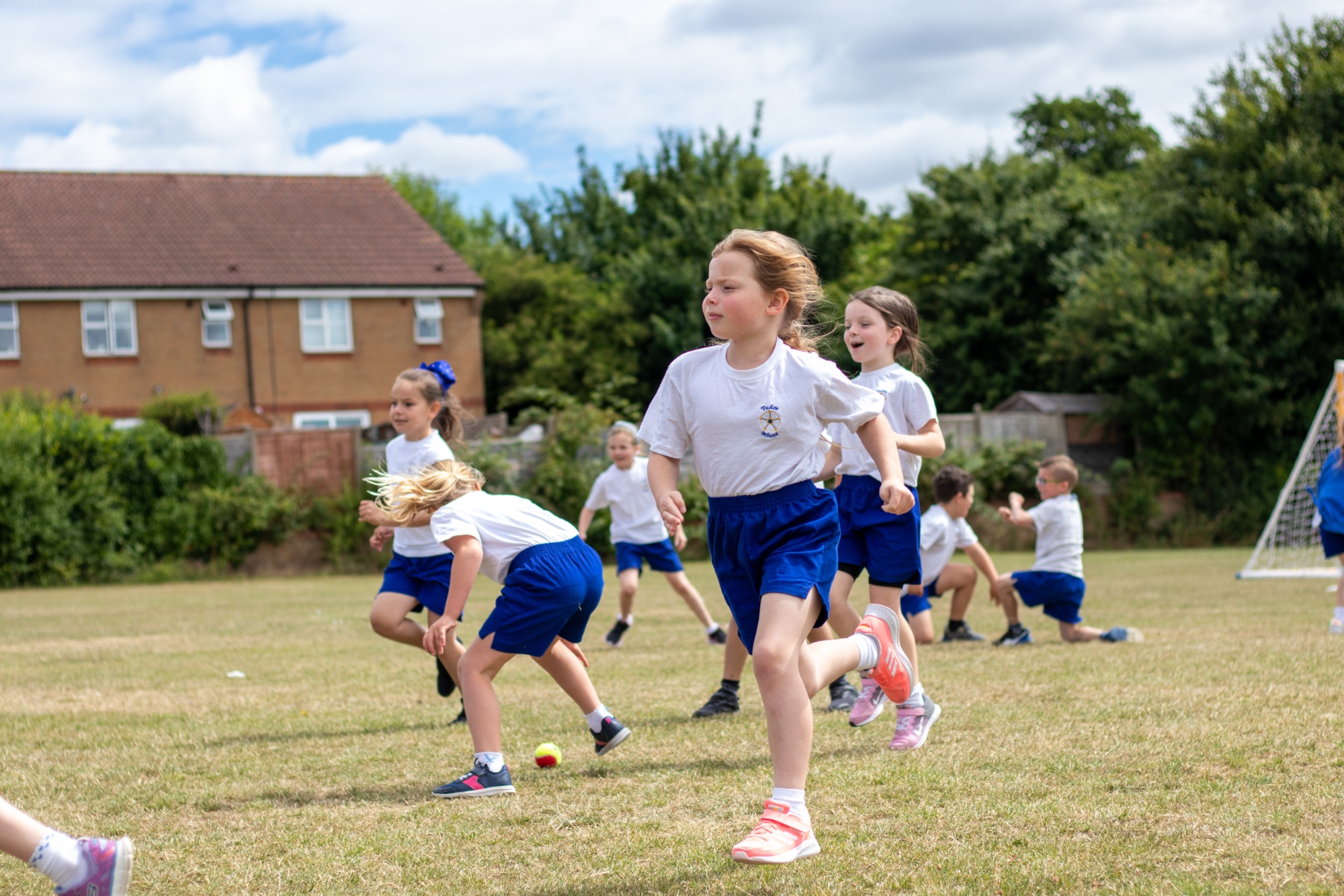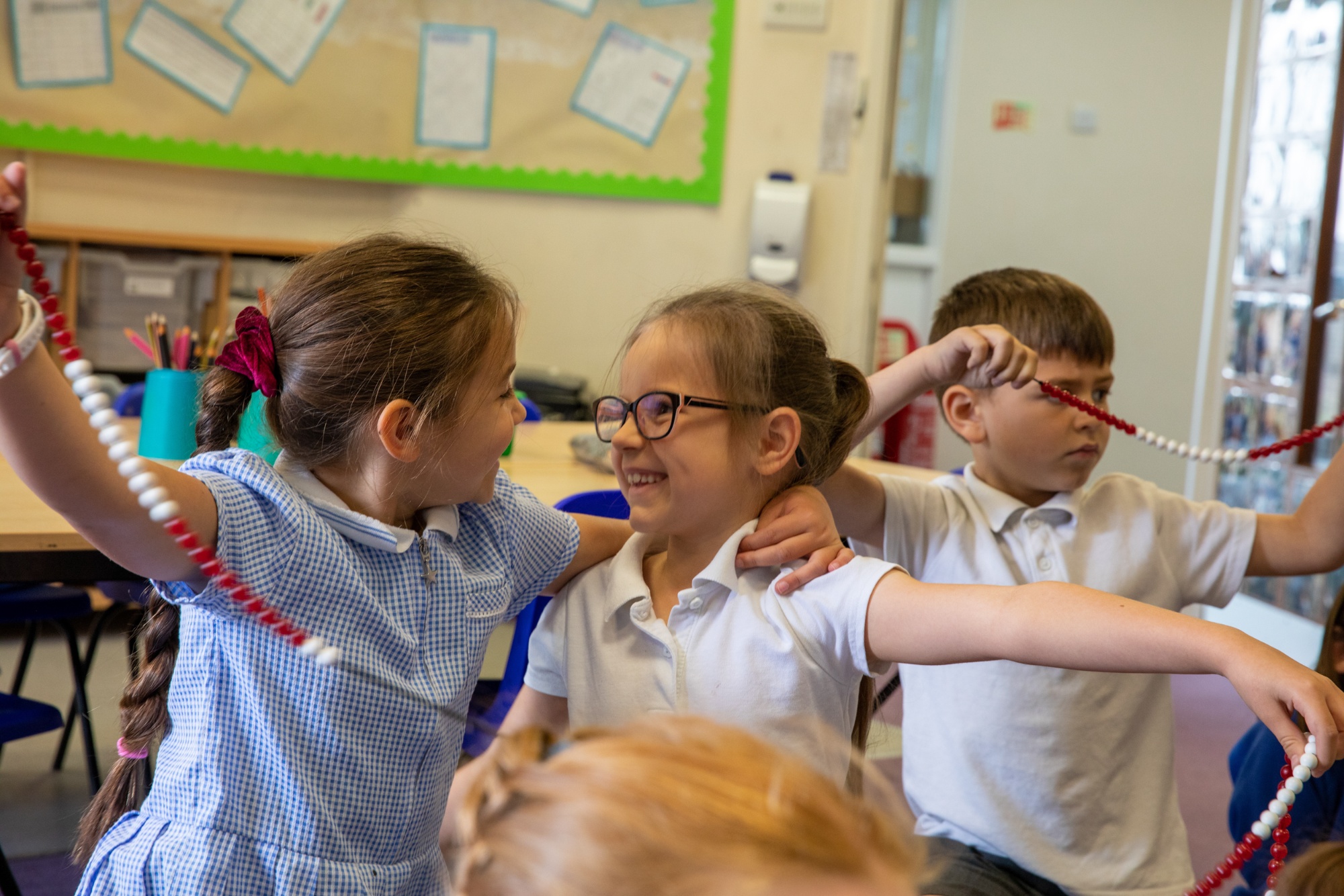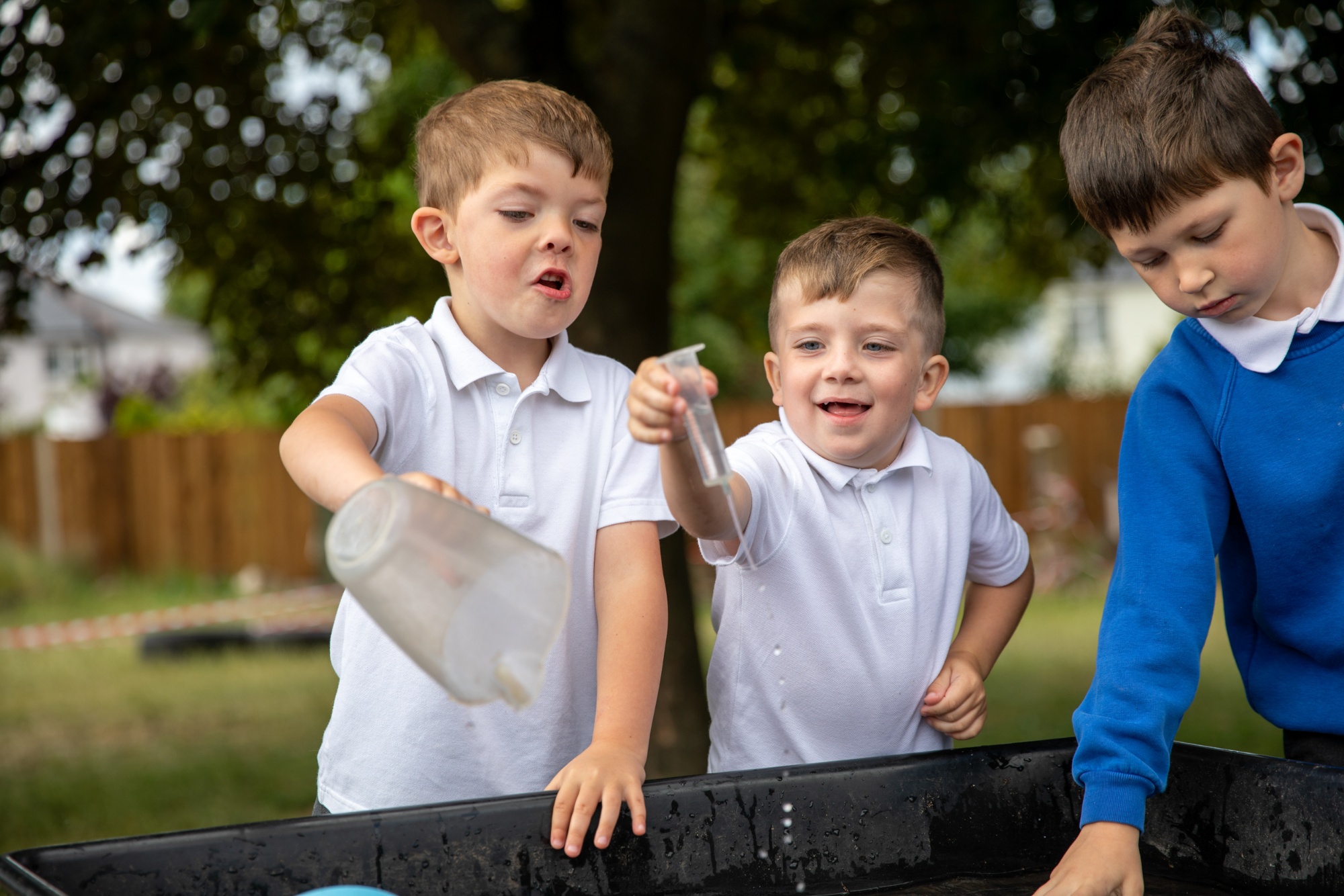A guide to the 'Tudor Reporting Cycle'...
Please see the information below on how to get the most from your appointments/ consultations.
To ensure that parents are aware of the attainment and progress of their child, there is a cycle of termly consultation evenings as well as the sharing of a mid-year review and an end of year report.
The consultations and reports are organised as follows:
October Consultation:
Information is shared about how well the child has settled in class as well as the sharing of targets for the year.
February Consultation:
A 'Mid-Year Review' report is shared with the parents as well as information about how the child is progressing towards their learning targets.
July Consultation:
As the academic year draws to a close, the teachers will discuss information about how the child has responded to the learning opportunities during the year. Any key end of year assessment results will also be shared. Furthermore, parents will also be given an end of year report which will highlight the key achievements of their child as well as attainment and progress headlines from the year.
Please look at the 'End of Year Report' example that is attached at the bottom of this report. This is a 'fictitious' example fo a child in year 6 who has had a very positive year!
Understanding the Assessment Steps
Under the new leadership team, Tudor Primary completely transformed the way that it tracked attainment and progress. The aim of the school was to introduce an assessment system that helped teachers efficiently evaluate the attainment and progress of the children. At the heart of this approach is the 'Target Tracker' software. Target Tracker uses 'Steps' to grade the attainment of the children. Ofsted praised our approach to the management of this when they stated:
'Teachers are making good use of their handbook for assessment to support the curriculum planning... they know precisely what pupils already understand...they can plan for what they need to learn next.' (Ofsted)
Children over a complete year are expected to make 6 steps of progress. There are 6 steps within each year band. We stongly believe that the more we report the progress of the children to parents using this system, the more the parents will truly understand how their children are responding to the learning opportunities at Tudor Primary.
Each band 'number' relates to the national expectation for that year. Each band is also subdivided into:
- B (Beginning)
- B+ (Beginning +)
- W (Working with confidence)
- W+ (Working with confidence +)
- S (Skilled)
- S+ (Skilled +)
But what about Age Related Expectations (ARE)?
The 'AGE RELATED' ability of the child will obviously be at a different step depending on each term/ half term. Teachers will be able to share how the current assessed 'step' of the child relates to the AGE RELATED comparison. Importantly, our methods ensure we can then clearly show more comparative information to where the child is in relation to the age related performance.
The screenshot below shows how children can move forward during the year at different assessment periods. Each colour coded box is representing a child (and don't forget we have 60 in each year group) and how they have progressed from the previous year to the mid-point of the next year. The example used below is year 3 in mathematics. The background colours show the comparative information for age related and the assessment matrix enables us to see how different children are responding comparatively to those age related expectatons as well as higher level assessment grades.
Simply put, the light pink means they have 'just' made that ARE expectation (but may be a little 'wobbly') and the yellow shows that they have met those expectations well. The green indicates higher level assessment perfomance.
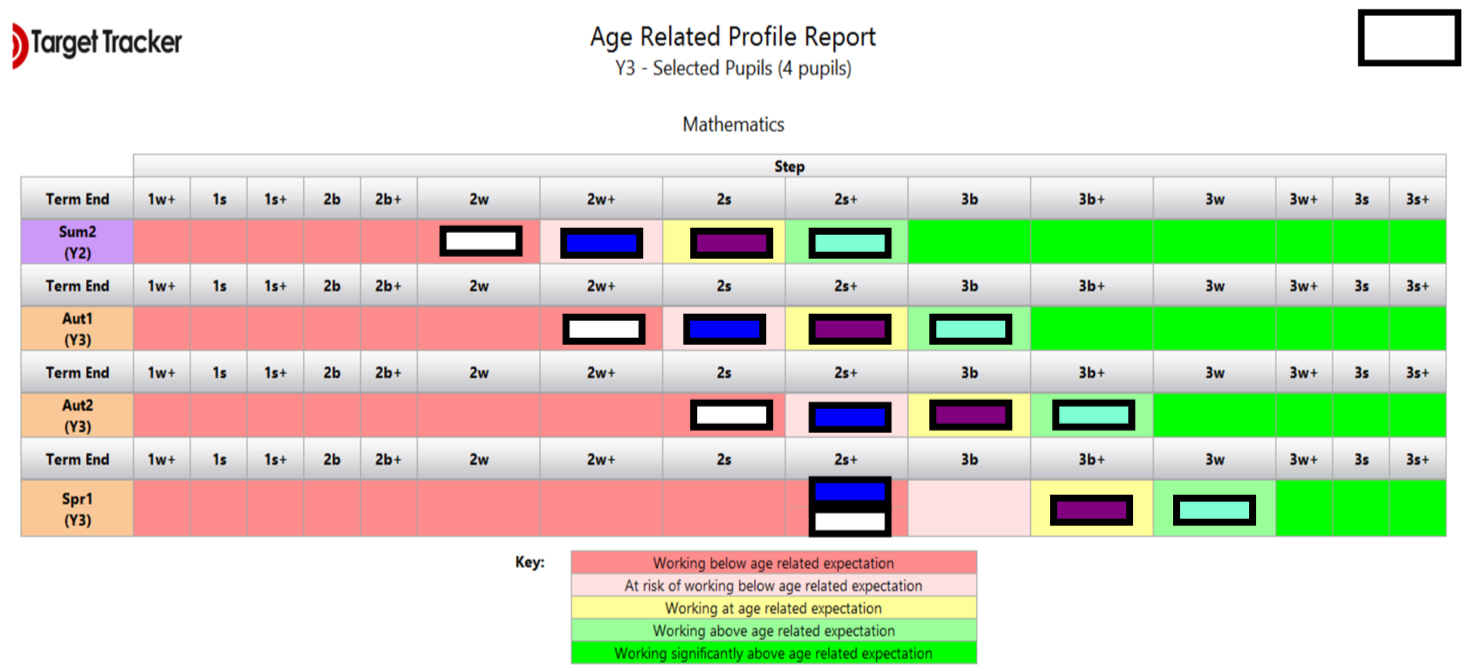
Using assessment data to inform our practice
In the example above, notice that the 'child' shown by the blue rectangle has not sustained the 'expected' progress into the spring term. The classteacher would use this information to consider adaptations of provision. We obviously want the children to make AT LEAST expected progress (6 steps a year).
Children will only be assessed at S+ when they are confidently applying those skills across the curriculum. For example, to be a 3 S+ in Maths, the child would need to be using maths very competently in subjects such as Science as well as in 'normal' maths learning.
Developing our ability to report progress...
Teachers are able to 'explain' the information held within the report. We are confident that parents appreciate the detail that our approach to reporting brings.

